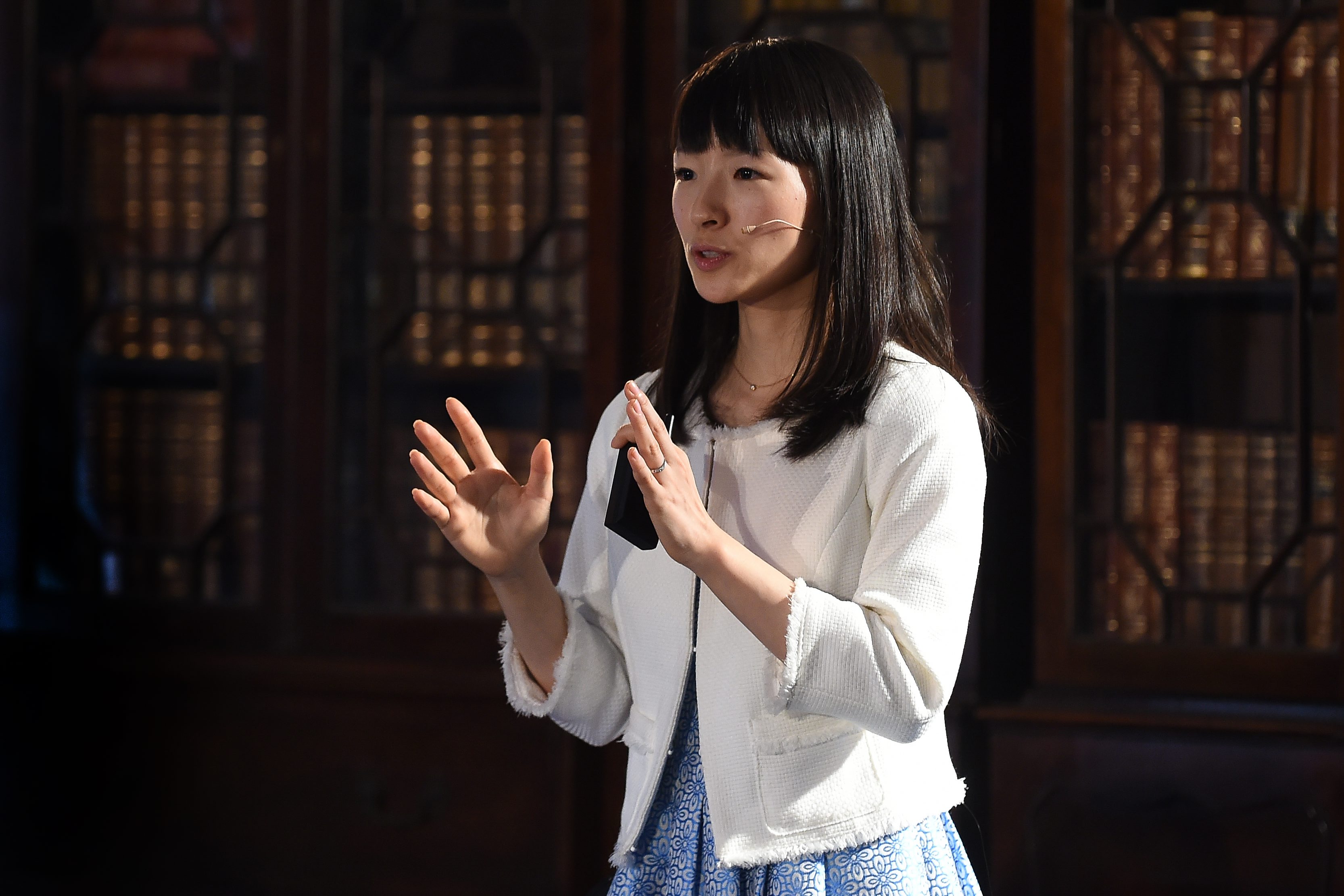So how much are you at risk of COVID-19 from the door handle in your surgery? Or your desktop? Or the arm of the patient’s chair?
So how much are you at risk of COVID-19 from the door handle in your surgery? Or your desktop? Or the arm of the patient’s chair?
Basically, the question is how long can this nasty little coronavirus remain viable on the different surfaces in your practice? According to Clinical Microbiologist and Infectious Diseases Physician, Dr Bernie Hudson, COVID-19 can persist and be potentially dangerous up to a week on certain surfaces. Scary isn’t it?
Similarly, a recent study in the New England Journal of Medicine suggested the virus tended to persist longer on plastic and stainless steel (up to three days in this particular study). Apparently surfaces such as cardboard and copper were less hospitable to COVID19.
So the best way to ensure our patients (or us, for that matter) don’t suffer needlessly from that poisoned railing or chair arm? Fortunately, you don’t have to copper-plate your consulting room or make patients sit on cardboard boxes.
Dr Hudson suggests we Marie Kondo the desk – clear the clutter and take away anything that is unnecessary and could potentially harbour the virus. And use alcohol/disinfectant – on the desk, the doorhandle, the chair, your hands, the pen, the stethoscope.
Meanwhile, Here’s some key take-outs on your legal obligations and COVID-19 from Dr Harry Nespolon’s interview with Avant’s Ms Georgie Haysom, Head of Research Education and Advocacy and Dr Penny Browne, Chief Medical Officer:
- GPs are not legally obliged to see a patient unless it is an emergency or subject to anti-discrimination laws (if a GP believes seeing a particular patient represents a threat to the health and safety of themselves and/or the staff this cannot be seen as discriminatory).
- If a GP orders a COVID test to be done elsewhere they are obliged to explain to the patient the importance of having the test and the need to self-isolate. It is not mandatory they need to check the test has been done. They also need to have in place processes by which the result of the test can be reviewed and appropriate action taken, however as coronavirus is a notifiable disease, currently action related to a positive test result, including contact tracing, is being conducted by the public health units.
- If a GP is aware that a patient is not complying with self-isolating rules, or a patient is refusing recommended testing there is no mandatory obligation to notify authorities, although it is recommended the GP contact their local public health unit for advice.
- If a GP is aware of a patient with proven COVID-19 not adhering to self-isolation and believes they represent a danger to the health of others, the GP can breach privacy laws and report them to the public health units.
- The obligation to report a suspected but not proven case of COVID19 varies from state to state. GP are recommended to refer to their individual state’s legislation.
- Should a patient present in the surgery with COVID-19 symptoms, a GP should terminate the consultation immediately, send the patient for testing, take appropriate sterilising measures and determine who might have had close contact with the patient.
The New England Journal of Medicine doi: 10.1056/NEJMc2004973


